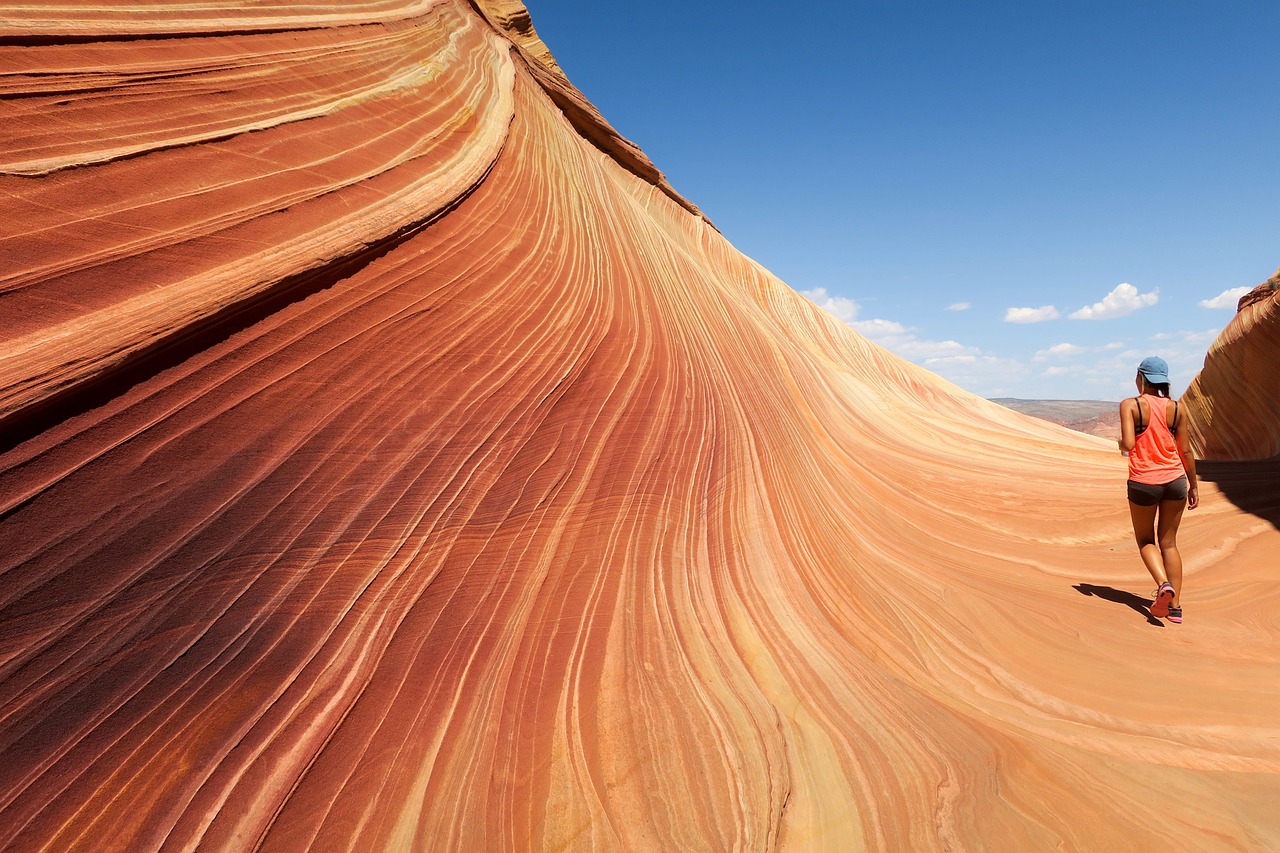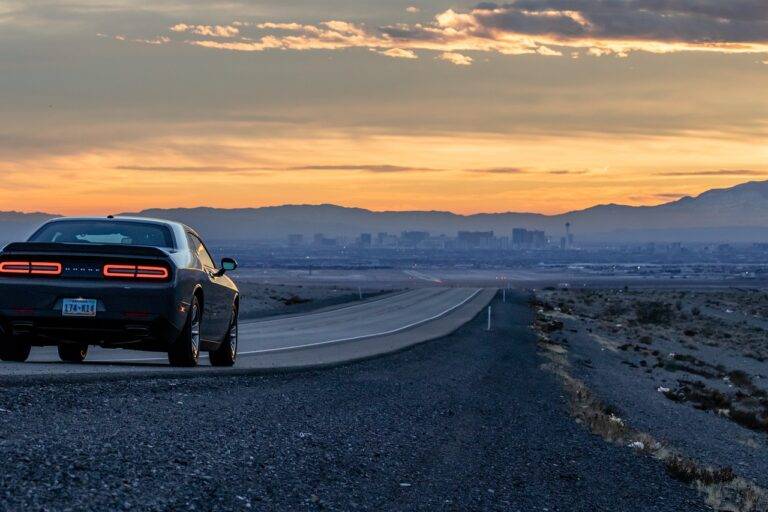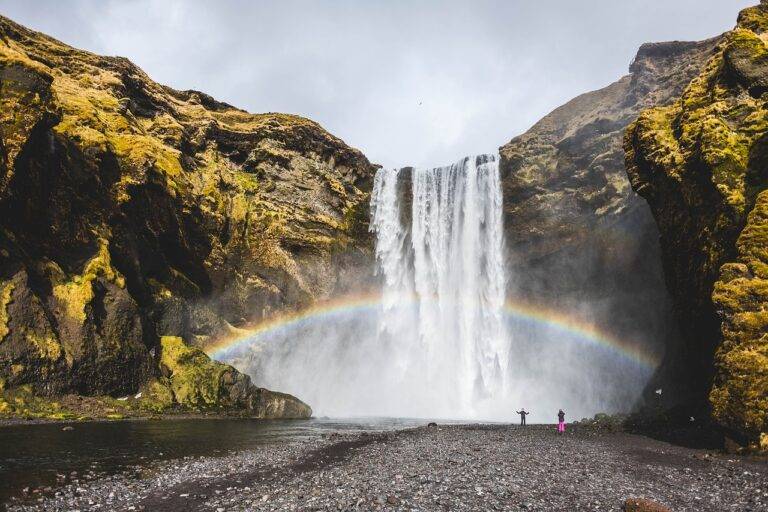Traveling Responsibly in Desert Environments: Preserving Fragile Desert Ecosystems
Desert ecosystems play a crucial role in maintaining biodiversity and ecological balance. These unique landscapes are home to a variety of flora and fauna specially adapted to survive in harsh conditions. From the resilient cacti to the elusive desert fox, each organism plays a vital part in the delicate web of life in the desert.
Despite their arid appearance, desert ecosystems are rich in their own right. They provide essential ecosystem services such as carbon sequestration, water filtration, and soil stabilization. Furthermore, these habitats hold immense cultural significance for many indigenous communities, serving as a source of traditional knowledge and spiritual connection to the land.
Respecting Wildlife and Plant Life in the Desert
Our actions in the desert ecosystem have a direct impact on the wildlife and plant life that call this harsh environment home. It is crucial to remember that even the smallest disturbance can have ripple effects. Desert plants and animals have evolved unique adaptations to survive in this environment, and any disruption can jeopardize their ability to thrive.
When exploring desert landscapes, it is important to stay on designated trails and avoid trampling on vegetation. Even the tiniest desert plants play a vital role in the ecosystem, providing food and shelter for a variety of species. By treading lightly and staying on marked paths, we can show our respect for the delicate balance of life in the desert.
Minimizing Waste and Litter in Desert Environments
One of the key principles to keep in mind when visiting desert environments is the importance of minimizing waste and litter. The delicate balance of these ecosystems can be easily disrupted by human debris, leading to harmful consequences for the plants and wildlife that call the desert home. It’s crucial to be mindful of the impact our actions can have on these fragile ecosystems and take active steps to reduce our waste footprint.
By packing out all trash, including food wrappers, bottles, and any other items brought into the desert, we can help preserve the natural beauty and integrity of these environments. Additionally, avoiding single-use plastics and opting for reusable containers can significantly decrease the amount of waste generated during our visits to the desert. Let’s all do our part in maintaining the cleanliness and sustainability of these unique ecosystems for future generations to enjoy.
Why is it important to minimize waste and litter in desert environments?
Minimizing waste and litter in desert environments is crucial to preserving the delicate balance of the ecosystem and protecting the wildlife and plant life that call the desert home.
How can I reduce my environmental impact while visiting a desert environment?
You can reduce your environmental impact by packing out all of your trash, using reusable containers instead of single-use plastics, and being mindful of where you walk to avoid damaging fragile desert vegetation.
What are some ways to show respect for wildlife in the desert?
To show respect for wildlife in the desert, it is important to observe animals from a safe distance, never feed them human food, and avoid disrupting their natural behaviors.
How can I help educate others about the importance of minimizing waste and litter in desert environments?
You can help educate others by leading by example, sharing information about the impact of litter on desert ecosystems, and encouraging responsible behavior when visiting desert environments.





